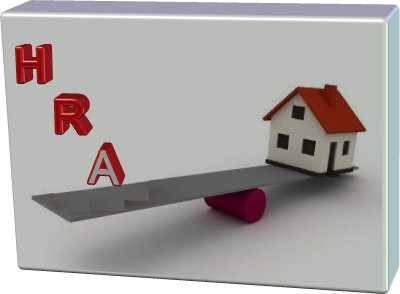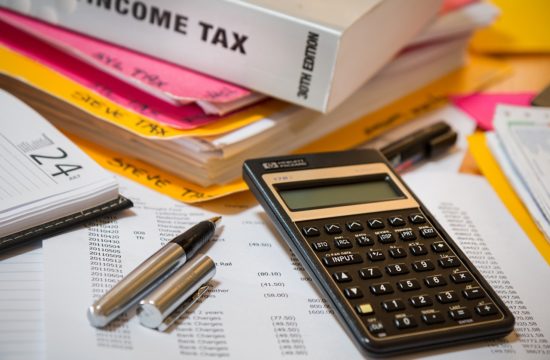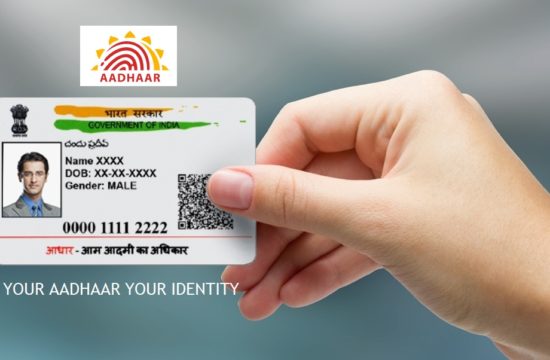House Rent Allowance (HRA)
HRA or house rent allowance is provided to employees by its employer for meeting the cost of rent paid when staying in a rented accommodation for discharging his services as an employee. HRA is a part of the salary package, in accordance with the terms and conditions of employment. The Income Tax Act allows for deduction in respect of the HRA paid to employees. The exemption on HRA is covered under Section 10(13A) of the Income Tax Act and Rule 2A of the Income Tax Rules. It is to be noted that the entire HRA is not deductible. HRA is an allowance and is subject to income tax.
Deduction when available:
1. An employee can claim exemption on his HRA under Income Tax Act only if, he stays in a rented accommodation and is actually receiving HRA from his employer.
2. The employee must actually pay rent for the house which he occupies to claim deduction.
3. The rented premises must not be his own. In case one stays in an own house, nothing is deductible and the entire amount of HRA received is subject to tax.
4. The deduction will be available only for the period during which the rented house is occupied by the employee and not for any period after that.
Deduction computation conditions:
The exemption of HRA will be available up to the minimum of the following three options:
- Actual house rent allowance received from your employer
- Actual house rent paid by you minus 10% of your basic salary
- 50% of your basic salary if you live in a metro or 40% of your basic salary if you live in a non-metro
This minimum of above is allowed as house rent allowance exemption.
Salary here means basic salary which includes dearness allowance if the terms of employment provide for it, and commission based on a fixed percentage of turnover achieved by the employee.
Meaning of Salary for calculation the exemption of HRA
Salary means (Basic + D.A + Commission based on fixed percentage on turnover).
Salary is to be taken on due basis in respect of the period during which the period accommodation is occupied by the employee in the previous year.
Example for calculation of exemption/deduction of HRA
Mr. A received following amount during the previous year.
Basic Salary – Rs. (10000*12) – Rs. 1,20,000/-
Dearness Allowance (D.A) – Rs. (3000*12) – Rs. 36,000/-
House Rent Allowance (H.R.A.) – Rs. (6000*12) – Rs. 72,000/-
Actual Rent Paid – Rs.(7000*12) – Rs. 84000/-
Calculation
The minimum of the following amount shall be exempt
Actual HRA received (5000*12) – Rs. 60,000/-
Rent Paid in excess of 10% of salary (84,000-15,600) – Rs. 68,400
40% of Salary – Rs. 62,400/-
Therefore, Rs. 62,400 shall be exempt and the balance Rs. 9,600 shall be included in gross salary.
HRA for Individuals other than Salaried Employees (Section 80GG)
If an individual who is not in receipt of HRA as he is not employed but is self-employed and stays in a rented accommodation with no house of his own then, even in such case he eligible for exemption under section 80GG of the Income Tax Act under head house rent allowance to the extent of Rs.2,000 per month or Rs.24,000 annually.
Since there is no HRA received and no employer employee relation, hence the computation is simple with only one deduction of Rs.2,000 as HRA. Only thing needed is that he should have a rent receipt for the rent paid.
FAQ:
Q. Paying rent to my parents or spouse for availing HRA benefits?
A: You can pay rent to your parents, however, they need to account for the same under ‘Income from other sources’ and will be entitled to pay tax for the same if the income exceeds the basic exemption limit.
You cannot pay rent to your spouse. In view of the relationship you are ought to take residence together and stay together and hence it does not merit in the eyes of law. Such transaction falls in sham category and may bring trouble to you in case of scrutiny.
Q. Is submission of proof required to claim HRA benefit?
A: Rent receipts are needed as proof for rent payment. Only two receipts need to be submitted, one for the beginning of the year and one towards the end of the financial year. Receipt should have a 1 rupee revenue stamp affixed with the signature of the landlord/parent, who has received the rent, along with other details such as the rented residence address, rent paid, name of the person who rents it etc.
Q. Can I avail tax benefits on my home loan and HRA at the same time?
A: The tax benefits for home loan and HRA are two separate entities and have no direct bearing on each other. As long as you are paying rent for an accommodation, you can claim tax benefits on the HRA component of your salary, while also availing tax benefits on your home loan. This could be the case if your own home is rented out or you work from another city etc. However, you need to account for any rental income you receive from the property you own under income from other sources.






